Lawsuit Challenges University’s Drone Restrictions
The University of Michigan is embroiled in a Legal battle over its ability to regulate drone flights over its Ann Arbor campus. The Michigan Coalition of Drone Operators reportedly filed a lawsuit on June 3, claiming the university’s airspace rules violate state and federal laws. This lawsuit highlights the ongoing tension between drone operators and property owners regarding air rights.
Key Points of the Lawsuit
Alleged Legal Violations
The lawsuit argues that the University of Michigan’s restrictions on drone operations are not in compliance with existing state and federal regulations. The coalition asserts that the university does not have the authority to ban drones from flying over its property, challenging the scope of landowners’ rights to control the airspace above their land.
Potential Legal Precedents
This case could set significant legal precedents regarding drone operations and property rights. If the court sides with the coalition, it may limit the power of property owners, including educational institutions, to restrict drone flights in their airspace. Conversely, a ruling in favor of the university could affirm the rights of property owners to control the airspace above their properties.
Broader Context of Drone and Privacy Laws
Previous Legal Battles
The lawsuit is part of a broader legal debate in Michigan over drone use and privacy. In a related case, the Michigan Supreme Court recently ruled against a couple who sued their township for flying a drone over their property without permission. Critics argue that this decision creates a “giant loophole” for warrantless surveillance, further complicating the legal landscape for drone operations.
Privacy Concerns
The increasing use of drones has fueled privacy concerns among residents and lawmakers. The expanding capabilities of drones for surveillance and data collection have led to calls for stricter regulations to protect individual privacy. As the debate continues, courts are likely to play a crucial role in shaping the balance between technological innovation and privacy rights.
The FAA and the National Airspace System
The FAA has consistently maintained that it has sole authority to regulate U.S. airspace.
- The FAA states that its rules apply to the entire National Airspace System and there is no such thing as “unregulated” airspace.
- U.S. airspace is subject to rules set by the Federal Aviation Regulations (FARs) prescribed by the FAA. The FARs are part of Title 14 of the Code of Federal Regulations.
- Airspace in the U.S. is categorized as regulatory (controlled airspace like Class A, B, C, D, E) and non-regulatory (like military operations areas). But both categories are still governed by FAA rules.
- The FAA works with other agencies like Homeland Security and the Department of Defense to regulate airspace for security purposes. But the FAA remains the primary authority.
While the FAA coordinates with other entities, it has been quite clear that it considers itself the sole regulator of U.S. airspace under federal law. The University of Michigan lawsuit appears to be challenging this authority when it comes to drones and property rights. But the FAA’s long-standing position is that its governance of U.S. airspace is absolute.
DroneXL’s Take
This lawsuit against the University of Michigan underscores the ongoing challenges in balancing drone innovation with privacy and property rights. As Drone Technology continues to evolve, it is essential to establish clear and fair regulations that protect individual rights while fostering the positive uses of drones. At DroneXL, we advocate for responsible drone use and support efforts to clarify the legal framework governing drone operations. The outcome of this case could significantly impact future drone regulations and property rights, making it a pivotal moment in the ongoing dialogue around drones and privacy.
Photo courtesy of University of Michigan Library.
Discover more from DroneXL
Subscribe to get the latest posts to your email.
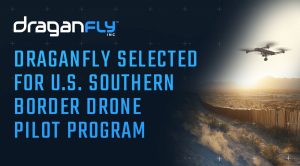
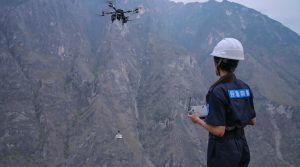
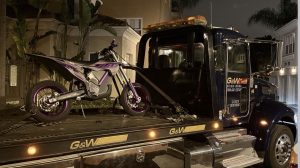

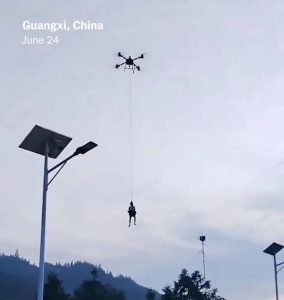
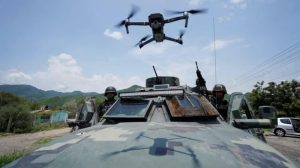


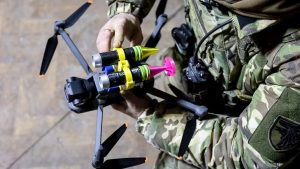
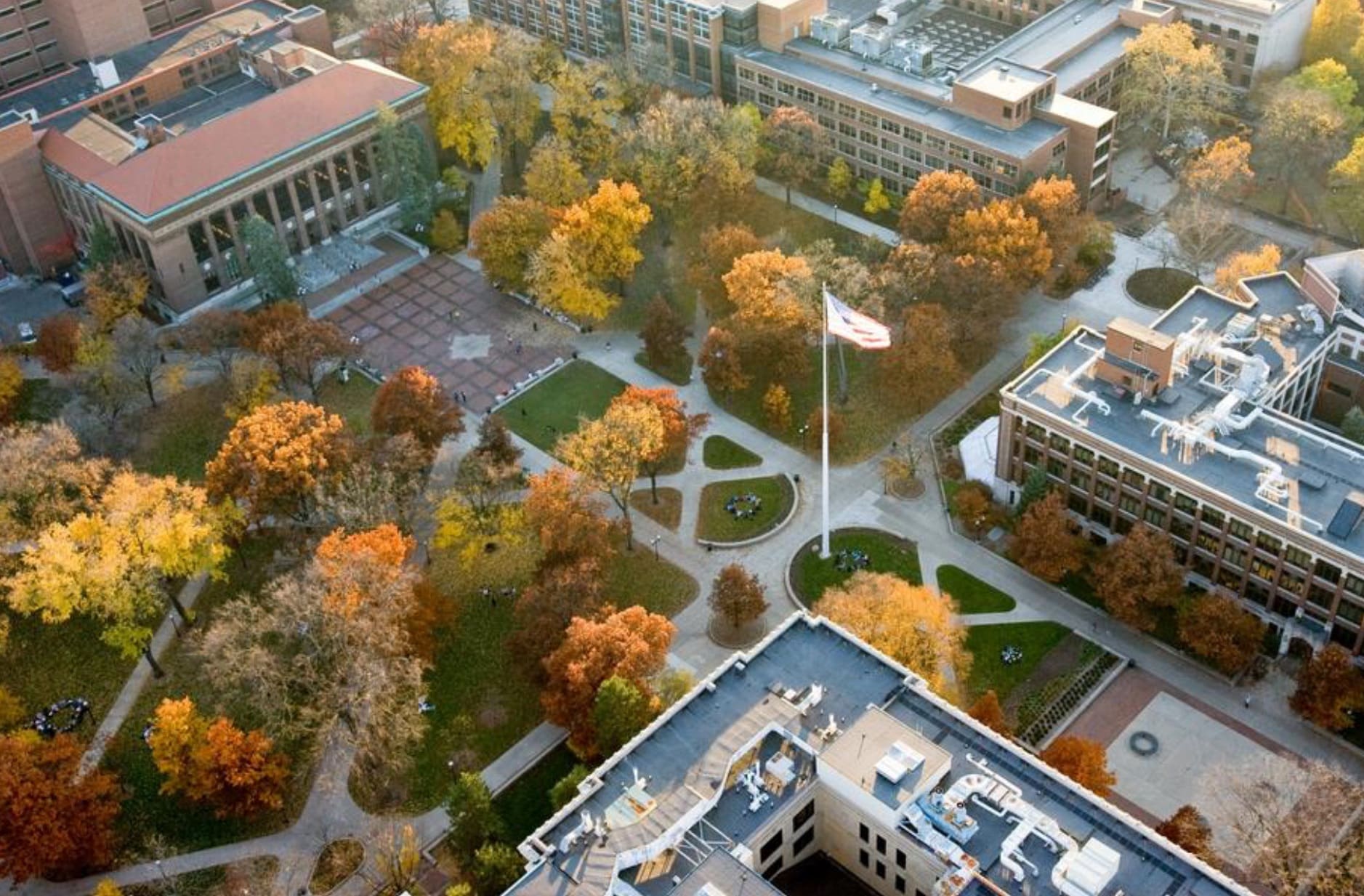

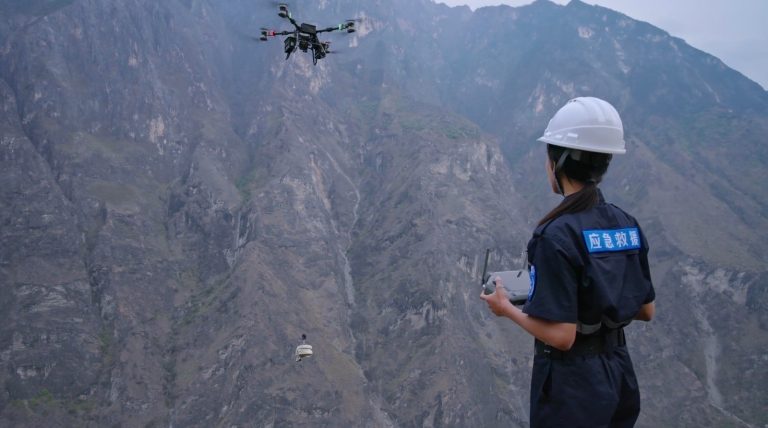
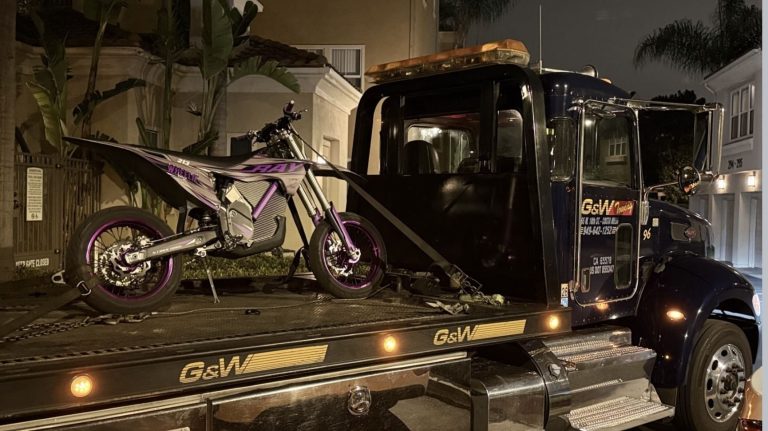

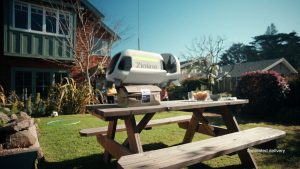
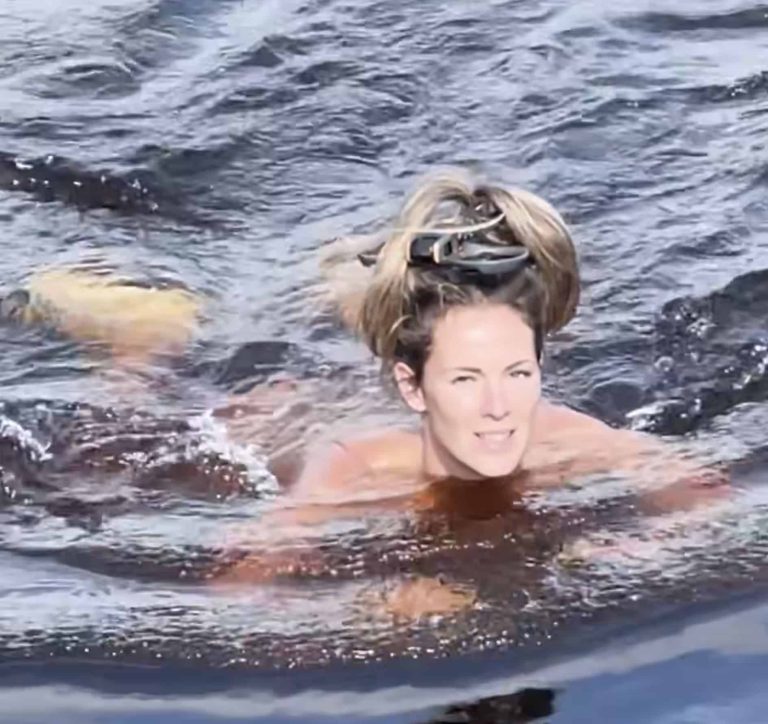
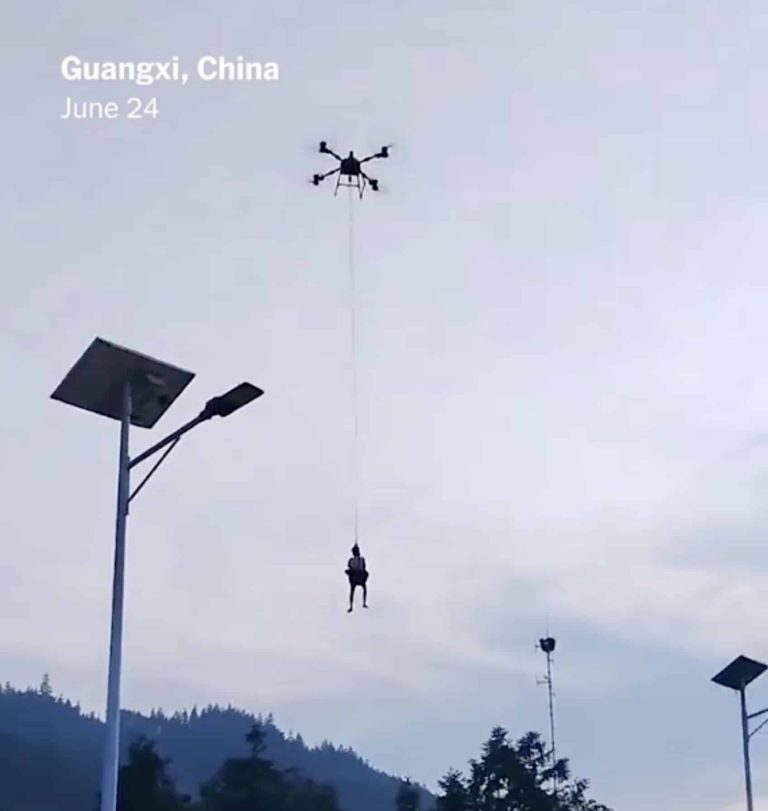
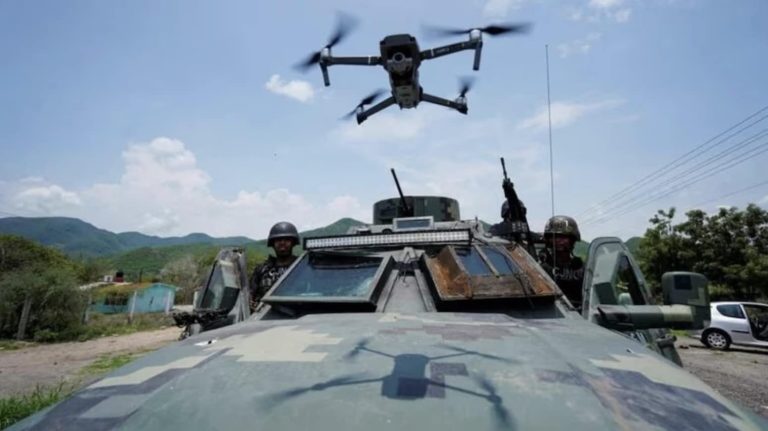

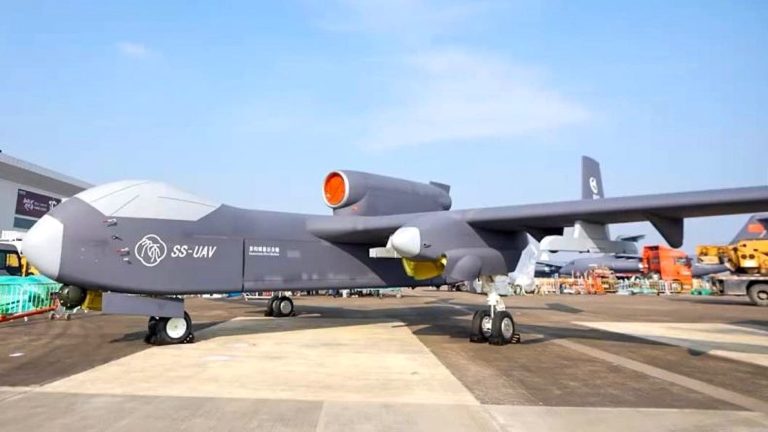
+ There are no comments
Add yours